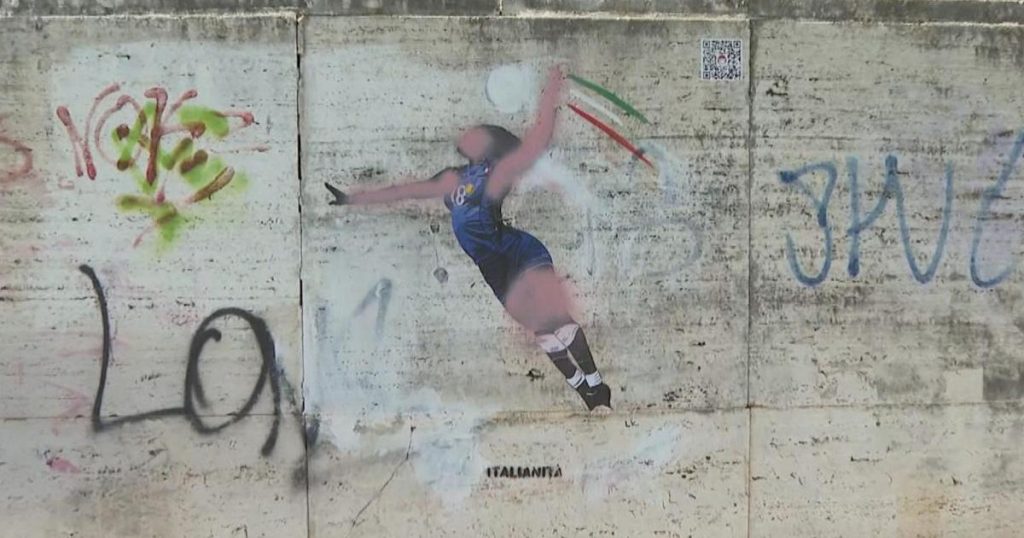The recent vandalism of a mural dedicated to Paola Egonu has sparked a renewed debate between the majority and opposition parties in Italy regarding a potential reform of the citizenship law. The law currently determines who is eligible to obtain Italian citizenship based on principles of jus soli (birthright citizenship) and jus sanguinis (citizenship by blood). The discussion centers around the possibility of granting citizenship based on jus soli, jus scholae, or a combination of both.
Among the parties supporting the reform of the citizenship law to include jus soli are the left-wing political parties, such as the Democratic Party and the Five Star Movement. They argue that birthright citizenship would promote inclusivity and integration of immigrants and their children into Italian society. They believe that granting citizenship to those born in Italy, regardless of their parents’ citizenship status, would help address issues of inequality and discrimination faced by immigrant communities.
On the other hand, right-wing parties like the League and Brothers of Italy oppose the reform, citing concerns about national security, cultural identity, and the potential strain on social welfare systems. They argue that granting citizenship based on jus soli could increase the number of non-citizens in Italy and lead to social tensions. They advocate for stricter immigration policies and a focus on preserving Italian culture and traditions.
The debate over citizenship reform also extends to the concept of jus scholae, which would grant citizenship to children who have attended Italian schools for a certain number of years. This approach aims to reward students who have integrated into the Italian education system and society, regardless of their birthplace or parents’ citizenship status. Supporters argue that jus scholae would help incentivize education and integration, contributing to a more cohesive and diverse society.
The differing positions on citizenship reform highlight the broader ideological divides between the political parties in Italy. While left-wing parties emphasize inclusivity, diversity, and social justice, right-wing parties focus on national identity, security, and sovereignty. The debate reflects deeper societal concerns about the impact of immigration, integration, and multiculturalism on Italian society.
As the debate continues, it remains to be seen whether a consensus can be reached on the reform of the citizenship law. The decision will have significant implications for the future of immigration policy, social cohesion, and national identity in Italy. Ultimately, the outcome will depend on the ability of political parties to find common ground and address the complex challenges and opportunities posed by the issue of citizenship.


